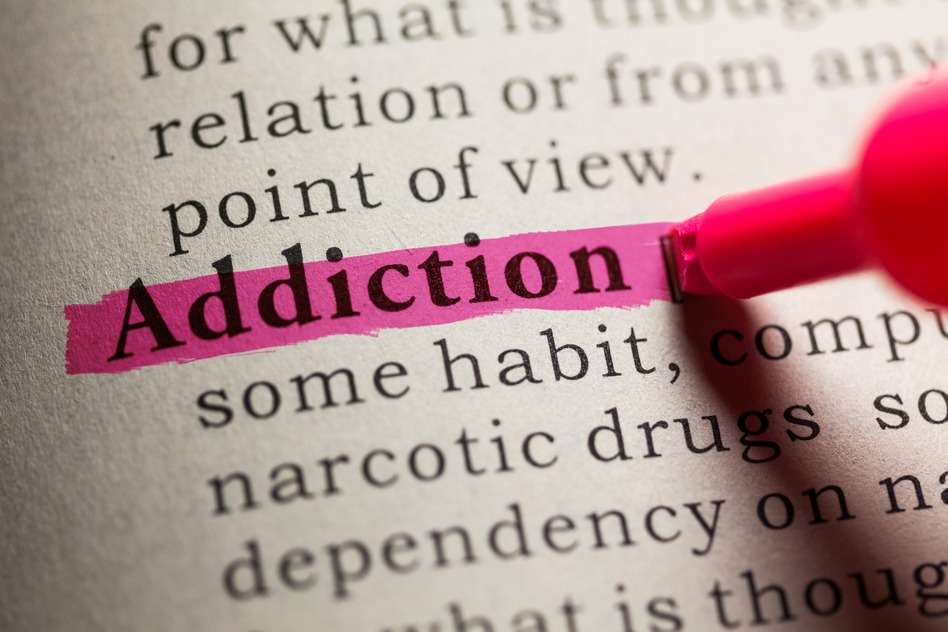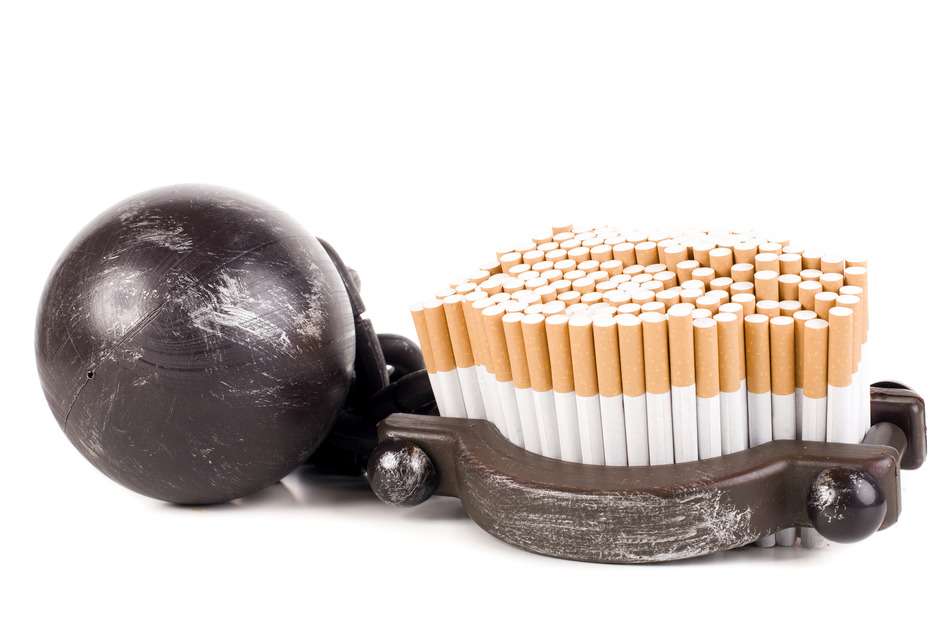On The Road To Recovery; What Are My Options?
by Dr. Chas Gant, M.D., Ph.D.
Questions and Answers About Using A Nutritional Support Program;
Why do so many people use chemicals to improve their mood?
Most people do not like feeling bad. We instinctively look for ways to feel better. In our modern age, science has given us the power to repackage or even invent many kinds of mood altering substances, that mimic and deplete our natural, mood-enhancing brain chemicals called neurotransmitters.
What are neurotransmitters?
Neurotransmitters are the natural “feel good” chemicals in the brain that keep us feeling optimistic, motivated, up-beat and relaxed. They also help us sleep, enjoy pleasurable activities, like sex or food, and they modify physical pain.
How do artificial substances work?
Artificial substances or drugs are molecules that are able to fit into the tiny receptor sites designed to accept our natural neurotransmitters. These receptors are on the membranes of brain cells. The artificial drug or the natural neurotransmitter fit into them like a hand fits into a glove.
What happens to our brain’s natural “feel good” chemistry when an artificial drug is consumed?
The receptor sites are stimulated by both the unnatural chemical and our natural neurotransmitter, simultaneously. The brain cells adapt to the over-stimulation by making less of the natural neurotransmitter. This adaptation is a natural protective measure to keep us from being over stimulated by too much “feel good” chemistry.
Why is it so hard to stop using artificial substances?
If enough of an artificial drug is used for a long enough period of time, some of our natural neurotransmitters are simply wiped out. When this happens, a person must continue using the drug just to maintain the way they felt before they started using it. We start out trying to feel better and wind up feeling worse than ever.
Can the brain start re-making it’s own natural “feel good” neurotransmitters?
Yes. Our billion year old chemistry is supremely equipped to restore neurotransmitter imbalances and deficiencies. However, it can not restore them without certain specific amino acids, fatty acids and cofactor vitamins and minerals. These building blocks are specifically formulated in the recommended supplements.
Is it known what artificial substances replace what natural “feel good” neurotransmitters?
Yes. For instance, the natural cocaine in the brain is dopamine; the natural sedative is GABA (gamma amino butyric acid); the natural nicotine is acetylcholine and the natural antidepressant is serotonin.
What causes withdrawal symptoms?
When the brain has stopped making natural neurotransmitters and the metabolism inside our cells has adapted to the presence of the artificial drug, the cells come to “expect” the drug to be around on a regular basis. When this “expectation” is not met, our cells get very “upset” about this change. For some drugs, the withdrawal symptoms can be severe or even life threatening and professional help may be needed.
How can I fill this void when I stop using a substance?
The usual approach is to replace your toxic external support system with supportive and nurturing sober people, places and things. This is important but fails for many people because they have not replaced their toxic internal support system with a supportive, nurturing alternative. This internal gap can be filled with specific nutrients that replenish the natural chemistry destroyed by substances.
Will nutritional products relieve withdrawal symptoms?
We are all biochemically unique, so it is hard to predict for any one person how severe withdrawal may be. However, we all share the same basic heredity and therefore have similar nutritional requirements. The recommended nutritional supplements have been specifically formulated and have brought about dramatic results on the duration, intensity and types of withdrawal symptoms in most people.
What kinds of artificial substances will nutritional products help replace?
Any artificial substance such as alcohol, cocaine, nicotine, etc., which influences mood, probably displaces one or more of the dozen or so natural neurotransmitters. Since it is known which drugs displace which neurotransmitters and we know which nutritional ingredients are used to synthesize each neurotransmitters it is a relatively simple process to design a biochemical recovery plan to restore our internal support system.
How successful has the method of nutritional intervention been?
Treatment centers who use the neuro-nutritional approach have demonstrated markedly enhanced recovery rates over similar treatment centers who do not assist people with their internal recovery. Some studies have shown outcomes of two year sobriety over 80 percent.
Can I become addicted to nutritional products?
No. An addiction is caused by a depletion of our natural neurotransmitters. Nutritional supplements do just the opposite; they increase the neurotransmitters.
Does it make sense to treat a drug problem with another drug?
Since some withdrawal symptoms can be life threatening, short-term use of medication may be required. However, to date there has been no evidence that replacement of one drug with another can eventually help someone get sober. The only interventions that have been shown to assist in long term sobriety are support groups like Alcoholics Anonymous and nutritional supplementation.
Who can benefit from nutritional products?
Just about everyone has had their neurotransmitters affected at various times by toxic substances, (like alcohol or drugs), nutritional deficiencies, and stress. Therefore just about everyone can benefit from nutritional supplementation.
How long will I need to take them?
Since supplements are natural food products, the question becomes, “How long do I need to take the food that I need to feel well and motivated, sleep normally, not have cravings or compulsions and function to my peak abilities?” The discovery of an individual’s biochemical requirements is similar to the self-discovery of their emotional and spiritual requirements. It will vary from person to person.
Can I use nutritional products along with medications?
In general a physician should be consulted before taking any drug or nutritional supplement. A physician skilled in CAM (Complementary Alternative Medicine) should help you decide whether or not there are any conflicts.
Are there any dangers—any precautions?
Although safe, many nutritional products have not been tested with children or pregnant or lactating women so they may not be recommended in these circumstances. One type of drug, an MAO inhibitor, should not be used at the same time with certain amino acids.
Should these products be taken with meals?
Some nutrients are best absorbed with food and others are more active if taken on an empty stomach. To benefit the most, the recommended products that contain amino acids are better taken an hour before meals so they don’t compete with the amino acids in food for transport into the bloodstream and the brain.
Should I continue with counseling while I take nutritional products?
Yes. Nutritional supplements can only help you get the most out of counseling or support groups.
What would happen if I take supplements and continue to use alcohol or other substances?
Even the best quality and most powerful nutrients cannot override the effects of these destructive chemicals. However, there is no harm in taking supplements at the same time, and some people have noticed that they will cut down their use of other substances like nicotine or caffeine when they use supplements designed to replenish brain chemistry.
What would happen if I stop using nutritional products?
There are no withdrawal symptoms from nutrients. However your body will probably not make as much of the natural neurotransmitters it would otherwise be capable of.
Are there any side effects from using nutritional products?
Some of the recommended supplements are also designed to heal the GI tract by providing Bifidus and Lactobacillus (essential healthy bacteria). If you have yeast or other unhealthy species of bacteria in your intestines (often the case with those who use substances), you may notice a clean out or detoxification phase (gas, loose stools). This is temporary as you move towards a healthier state. If this occurs, simply reduce the dose and then gradually begin to increase it.
If nutritional supplementation is such a crucial part of a recovery plan, why haven’t I been told about it before?
There are many reasons why this information has not been widely disseminated. Most people believe that people abuse drugs for psychological, not biochemical reasons. Most professionals do not know about the tens of thousands of studies that have been done in nutritional science. It is human nature to be threatened by new ideas, especially if the older view could be questioned.
Bill Wilson the founder of AA. discovered that vitamin B3 (niacin) could help relieve depression for himself and other recovering people. He spent much of the last decade of his life trying to help recovering people understand that alcoholism is not only a disease of the mind and spirit, but also of the body. The discovery that niacin is a cofactor in the conversion of the amino acid tyrosine to the natural “feel good’ neurotransmitters, catecholamines, did not happen for many years after he died. All Bill knew was that it worked and it was a factor in the physical aspect of recovery.
*All information is provided for educational purposes only and has not been evaluated by the FDA, and is not intended to diagnose, treat, cure or prevent any disease, nor should it be used as a therapeutic modality or as a substitute for your own physician’s advice.












